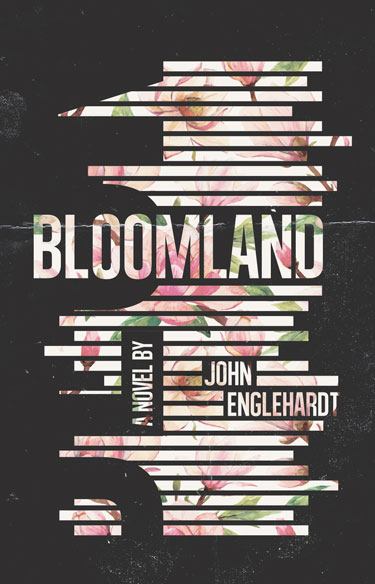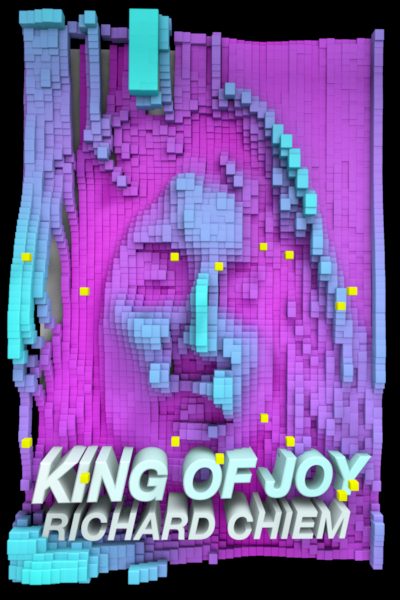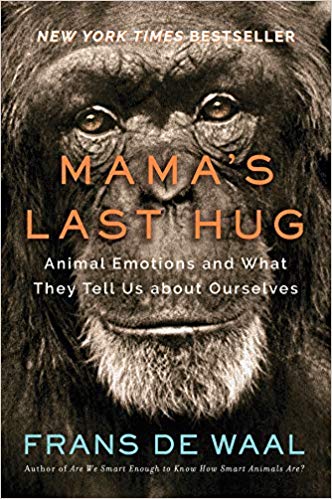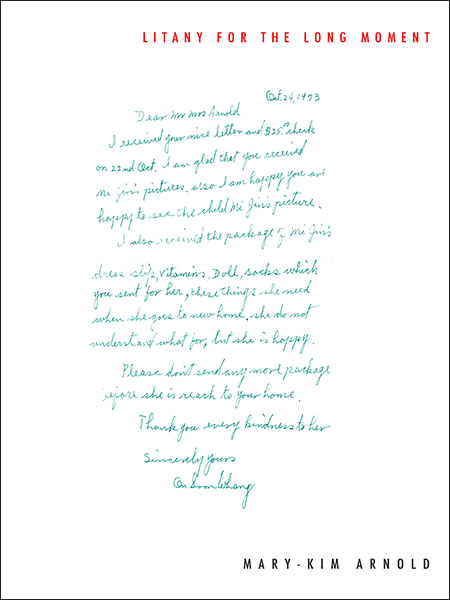Bloomland by John Englehardt
(Dzanc Books, forthcoming 2019)
This morning I started reading a galley of a first novel by a writer based in Seattle, where I also live. He’s not someone I know personally but I guess I chose a story of his to win a contest back in 2012 and though I didn’t remember the guy’s name, I remember the contest and the story that won and he remembered me so all these years later asked for a blurb so I said, sure, send me the book and my god it’s amazing! A first novel, winner of the Dzanc Books Prize for Fiction (Dzanc will publish it in the fall) and a book crammed full of sentences you want to copy down and remember, insights into the sadness and desperation but also longing in the human condition so much that you want these characters to be saved—from sorrow, from the world, from the self-deceptions we all need to just get by but that sometimes bite us in the ass. I am so excited by this new author and I want you to read this book, it’s Bloomland and the author is John Englehardt. Oh yeah, the story in it is about what happens to people after a mass shooting, and about American violence and religious strictness but also longing for something bigger than you. But I didn’t want to start talking about this book with how it’s about this very contemporary issue or problem because so often these days when there’s a book with a great elevator pitch or a right up to the minute topic, the actual writing – sentence by sentence, word by word, the book is lightweight, but the writing in this book is really good AND it’s about something important in our culture.
King of Joy by Richard Chiem
(Soft Skull Press, 2019)
Another book I read recently that has some sentences that will kill you is Richard Chiem’s King of Joy. It’s also a first novel (though second book) and also by a guy who lives in Seattle. Heartbreaking sentences and heartbreaking, devastating characters. A girl named Corvus and the trouble she gets in as she grieves, grieves, grieves a terrible loss. There’s also a horde of hippos.
Mama’s Last Hug: Animal Emotions and What They Tell Us About Ourselves by Franz de Waal
(W. W. Norton & Company, 2019)
Mama’s Last Hug: Animal Emotions and What They Tell Us About Ourselves doesn’t have lots of hippos in it, but it has lots of primates and non-human creatures as well as some humans. It’s nonfiction and I read it because I think animals are smarter than we are when it comes to love and loyalty and forgiveness and food and the warmth of fellow creatures. It’s a study, in lay-peoples’ terms, by primatologist Franz de Waal of what we can learn from some of our fellow creatures. I wish we could. Compassion, expression, sympathy, how to grieve, how to remember. Forgiveness. Family. How to grow up and live decently with your environment.
Litany for the Long Moment by Mary-Kim Arnold
(Essay Press, 2018)
Last fall I had the cool good fortune to get to be a co-judge of a book contest for Essay Press and the place where I teach (University of Washington, Bothell). My co-judge was Mary-Kim Arnold, whose book, Litany for the Long Moment is an amazing experimental essay about adoption and motherness and nationality and America and Korea and language and how do you grieve for something and someone you never knew? It’s poetry and prose and photos and documents and it opens out to all sorts of questions and always goes back to the longing heart.
The War Requiem by Kaia Preus
(Essay Press, forthcoming 2019)
The manuscript I chose for the Essay Press contest was Kaia Preus’ The War Requiem, which weaves together stories of Benjamin Britten’s composition of “The War Requiem,” one of the great choral works of the 20th century, with what it’s like to fall in love with music, art and singing; what it was like for Britten to be a pacifist during wartime and a gay man in the early 20th century; the role of art in during war time; how art both can and cannot heal us from war; how the the same species that makes sublime, transcendent art also makes machines of annihilation. How can we do this? Why do we do this? Britten took his libretto from Wilfred Owen, a poet who died in World War I. He brought those poems to life, sort of, after the poet was dead. Art can do that. If only we didn’t murder each other age after age after age. The War Requiem will be published by Essay press this fall.



